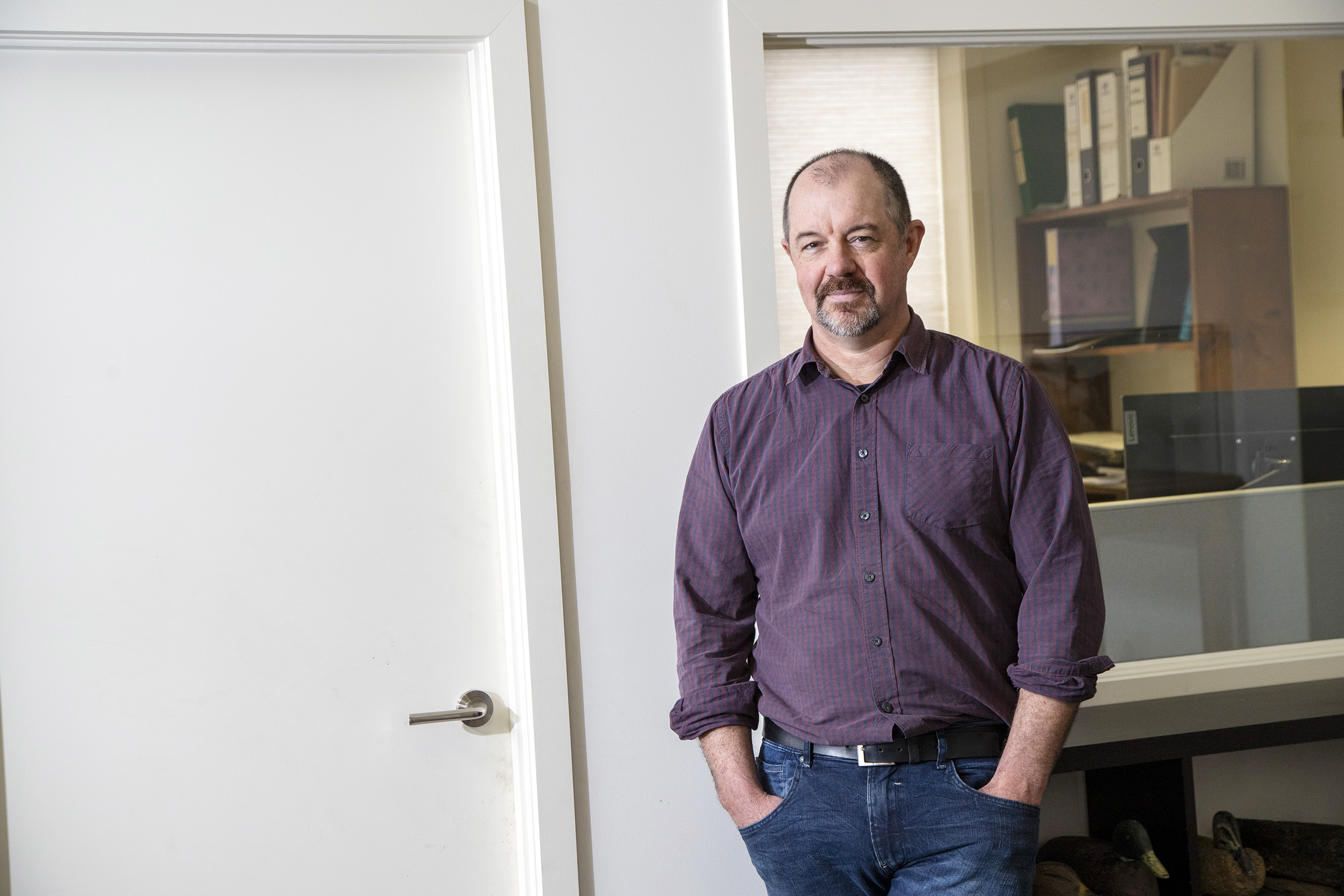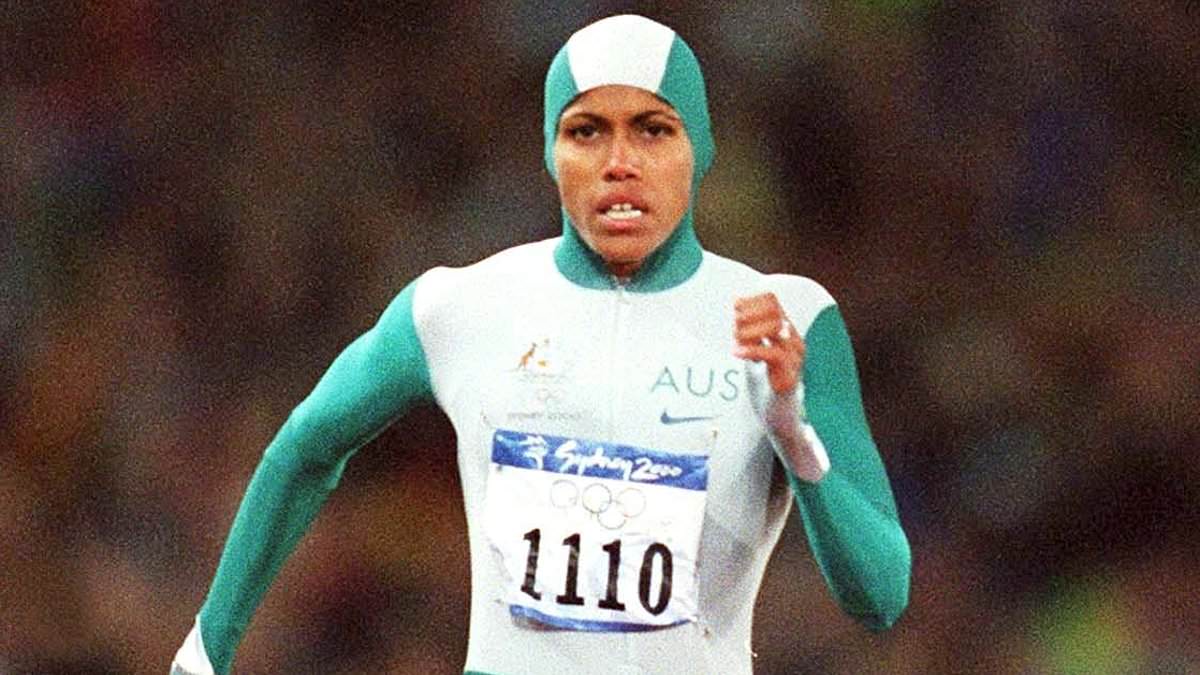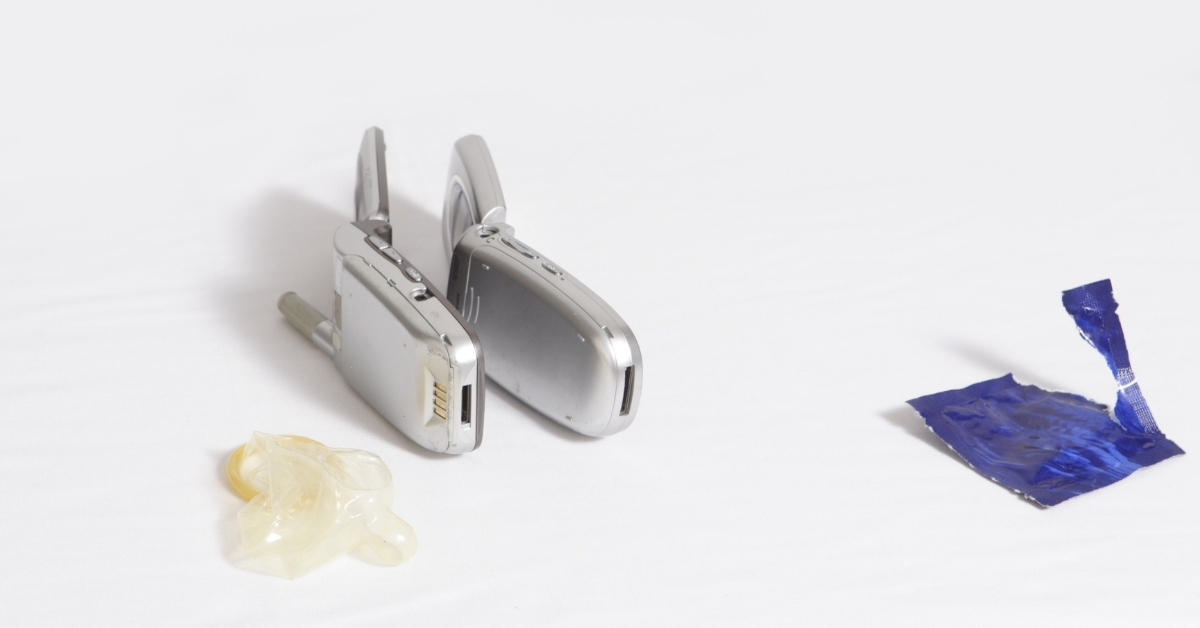By Federated Farmers,Gerhard Uys
Copyright farmersweekly

Reading Time: 4 minutes
Zane Moss joined Fish & Game in 1997, not planning to stay more than five years, especially in a Southland post, but the region, its landscape and hunting and fishing opportunities won him over.
Speaking to Farmers Weekly after his recent retirement, Moss said Fish & Game’s strength has been the depth of institutional knowledge that staff have developed over time.
Other organisations have more staff, and often these are specialists who cannot pivot when asked to do something outside of the sphere of their role.
Calling himself an “accidental bureaucrat”, Moss said Fish & Game works best as small regional teams, able to act quickly.
He fears reviews of Fish & Game will increase centralisation, a move he said is driven by only a few people.
Centralisation never helps deliver in regions on the ground, and inevitably stokes bureaucracy, Moss said.
“Someone in Wellington becomes responsible for your health and safety, a situation, which makes operating when you are in, for example, a remote river in the Fiordlands, impossible, because you have to be home by 4:30pm, because of health and safety rules.”
Moss believes governance is one of the organisation’s weakest points, and said reviews into governance have failed.
Historically there were many people standing for elections, and a lot of voter engagement – a trend that seems to be dwindling.
The organisation needs people standing with a passion and with a broad skill set, but it also needs support for governors who do not have governance backgrounds.
Moss worries that animosity stirred by Federated Farmers may deter candidates from standing.
“The Feds smear campaign against Fish & Game has been unfortunate.”
He said many farmers have contacted him to relay their support for him.
“I think Fish & Game, me personally, and staff have been criticised because we’re prepared to be open and speak and challenge perspectives.”
Moss believes the hostility comes from a minority, but risks making staff feel less respected than they actually are in the community.
“It’s in the interest of some organisations to create that emotive rhetoric around things, to try and maintain their ongoing support base and catastrophise the circumstance of farmers to seek continued support.
“There’s nothing wrong with Fish & Game advocating a view, given our breadth of experience in Southland.
“Fundamentally Kiwis care about water quality and the environment.
“Ultimately Environment Southland, or a regional council or other entity will make the decision around weighing out the evidence we bring in, with national expectations under the [Resource Management Act].
“I think it’s quite important that that stays separate from central government,” he said.
He said Fish & Game decisions must remain science-led, pointing to the conflict around gravel in rivers as an example.
“To the best of my knowledge Fish & Game never opposed a consent to remove gravel.
“We’ve taken so much gravel out of the Oreti near Branxholme that the river bed’s lowered by up to three to four metres in some locations. However, if there is gravel on a beach, people argue there’s too much build-up.”
Technology such as LiDAR now allows Environment Southland to survey rivers and design appropriate responses, he said.
But he said the picture painted in the media creates the perception that Fish & Game wouldn’t care “if Gore was under gravel or flooded”.
The controversy around Section 70 of the RMA, which sets out restrictions on when a council can include a permitted discharge rule in a plan, placed Fish & Game “with its neck in the noose”.
“The law is written to reflect the expectations of our society. It is a fundamental principle that you can’t have that as a permitted activity if it’s causing this gross pollution.”
Moss has seen degradation firsthand at his home near the Invercargill estuary.
“When we first built the place we had a nice sandy beach. We could drag a flounder net in the estuary to catch flounder. It was about 14 years ago, and we saw a spot of micro algae growing. As nitrate in the river increased, macro algal growth has basically exploded.
“Now, instead of hard-packed sand, there is mud that’s really hard to walk in. You certainly can’t drag a flounder net there. It stinks. The cockle beds are gone.”
Fish & Game is clearly ingrained in his DNA, with Moss often talking of the organisation as “we”, before correcting himself.
Moss’s position was recently advertised, with the post description saying a new entrant to the role will have to know when to step back, an apparent jab at Moss.
But, said Moss, “I’ll have a cup of tea and a yarn with anyone”, and he believes dialogue on issues is the best way forward.
When thinking of legacy projects from his time with Fish & Game, the Brightwater stream in the Garston area stands out.
The spring-fed stream is now under a QEII covenant, with farmer landowners “effectively gifting the land to Southland” and removing it from farming, or from the possibility of someone developing it by placing an exclusive fishing lodge on its banks.
It is apparent that the criticism his team took is not easy for Moss, but he still has his sense of humour and can make light of some of the situations.
He now has habitat work lined up, looking particularly at īnanga habitat.
He is also working with his wife, who runs an environmental consultancy.



